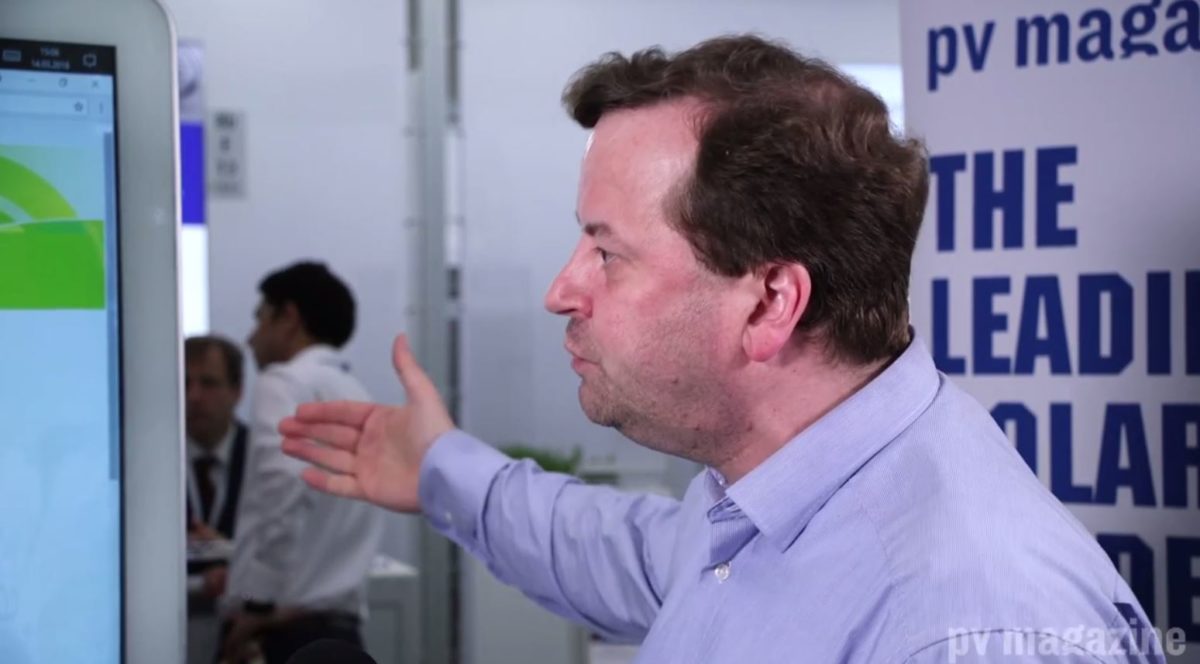The use case for residential storage systems is appearing stronger with each passing month as battery prices fall and community platform models become more sophisticated.
However, it is in the commercial and industrial (C&I) space where battery systems are beginning to exhibit their true flexibility and functionality, says Götz Fischbeck, business developer Central Europe at Delta EE.
“Residential storage has bigger market volumes, but self-consumption is the main use case because customers appreciate the idea of being able to provide grid services,” Fischbeck told pv magazine at the recent Energy Storage Europe exhibition in Düsseldorf, Germany.
However, providers will have a hard time making a business case in aggregating small residential battery capacities because prices are set to fall as more capacity and flexibility is added, believes Fischbeck.
Popular content
“Hence, you will see more priority given to the C&I segment, where 95% of the battery’s value is captured on site.”
One potentially disruptive addition to the grid is the growth of e-mobility, where a typical car battery is around 50 kWh and above, and as more and more EVs are added to Europe’s roads, smart charging will need to be a way forward. “Today’s cars are being dump charged, which is unfortunate,” Fischbeck lamented. “We have to tame this, and ensure EV charging behaves in a grid-friendly way so that acceptance of EVs does not slow down.”
This content is protected by copyright and may not be reused. If you want to cooperate with us and would like to reuse some of our content, please contact: editors@pv-magazine.com.


2 comments
By submitting this form you agree to pv magazine using your data for the purposes of publishing your comment.
Your personal data will only be disclosed or otherwise transmitted to third parties for the purposes of spam filtering or if this is necessary for technical maintenance of the website. Any other transfer to third parties will not take place unless this is justified on the basis of applicable data protection regulations or if pv magazine is legally obliged to do so.
You may revoke this consent at any time with effect for the future, in which case your personal data will be deleted immediately. Otherwise, your data will be deleted if pv magazine has processed your request or the purpose of data storage is fulfilled.
Further information on data privacy can be found in our Data Protection Policy.